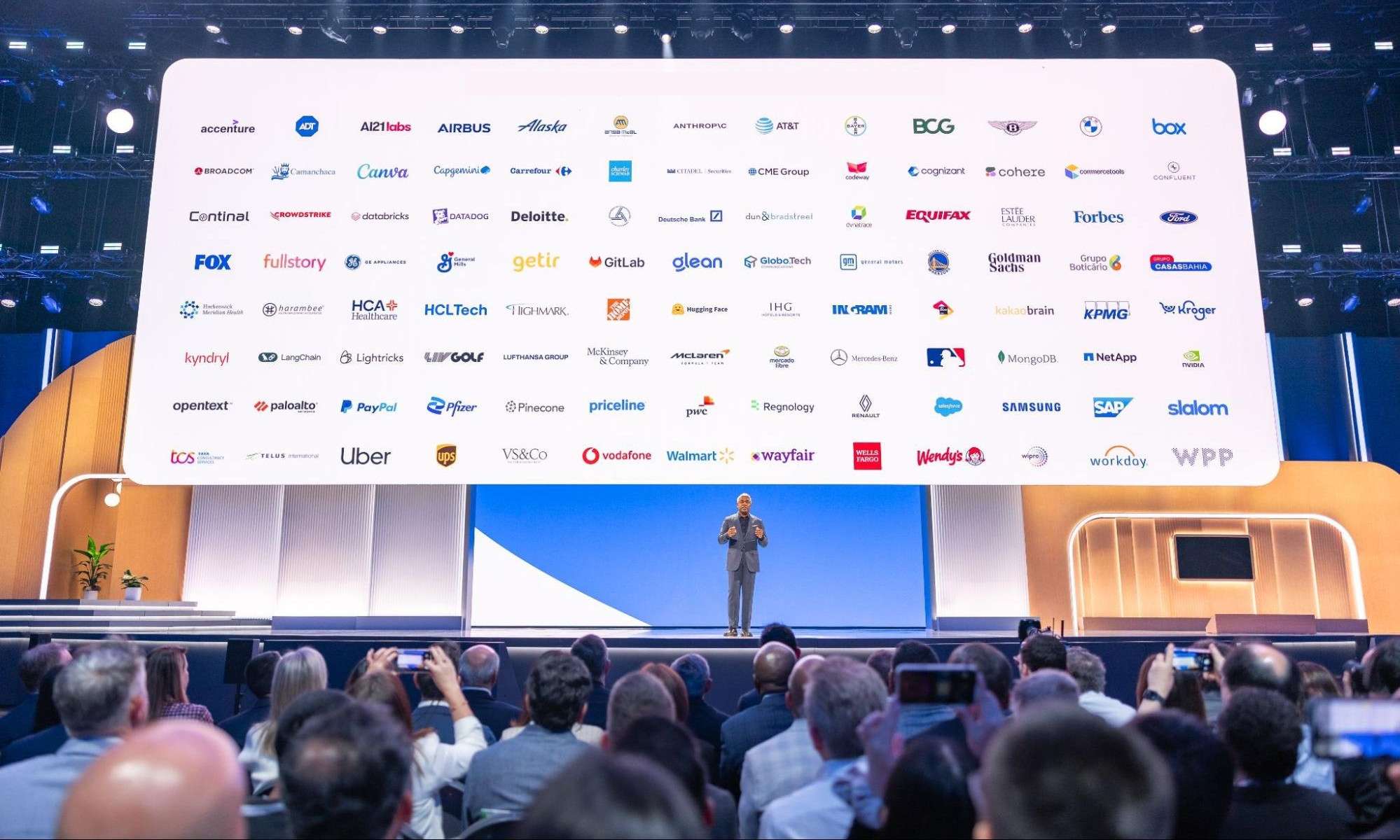How SMBs Can Draw Inspiration from Major Companies in Integrating AI Bots into Their Business
The rapid evolution of AI technology, especially in the realm of generative AI, has primarily been spearheaded by large enterprises. Recent...

OpenAI, a leading artificial intelligence company, has introduced a new framework to measure its progress towards developing highly advanced AI systems. This framework consists of five levels, that they say are designed to provide transparency about the company's advancements in AI capabilities and safety measures. It gives us a glimpse into the future of how AI is going to improve, provide greater value and disrupt.
The five levels of OpenAI's AI development framework are:
OpenAI believes its current technology is at Level 1 and expects to reach Level 2 in the near future. The company shares this framework to be more transparent about its progress and safety considerations.
OpenAI's says it’s approach to developing advanced AI includes:
While OpenAI hasn't provided specific timelines for reaching each level, some industry leaders have made predictions. OpenAI's CEO Sam Altman and CTO Mira Murati suggest that highly advanced AI could be achieved within the next decade. Other tech leaders, like Nvidia's CEO Jensen Huang and Elon Musk, have proposed even shorter timelines of 3 to 5 years.
This new classification system serves as a roadmap for understanding and measuring progress in AI development.
As AI continues to evolve rapidly, it's important for us business professionals to stay informed about these developments, as they may significantly impact various industries and business practices in the coming years. If you are not thinking so, please just reread Levels 3, 4 & 5 above. The potential applications of AI at each level demonstrates how these advancements could revolutionize business operations, decision-making processes, and innovation across sectors.

The rapid evolution of AI technology, especially in the realm of generative AI, has primarily been spearheaded by large enterprises. Recent...

OpenAI's o1 is a groundbreaking family of language models that represents a leap forward in artificial intelligence. o1 is designed with enhanced...

Microsoft Office and Google Workspace dominate office productivity products, but I see OpenAI emerging as a serious challenger. Known for its AI...